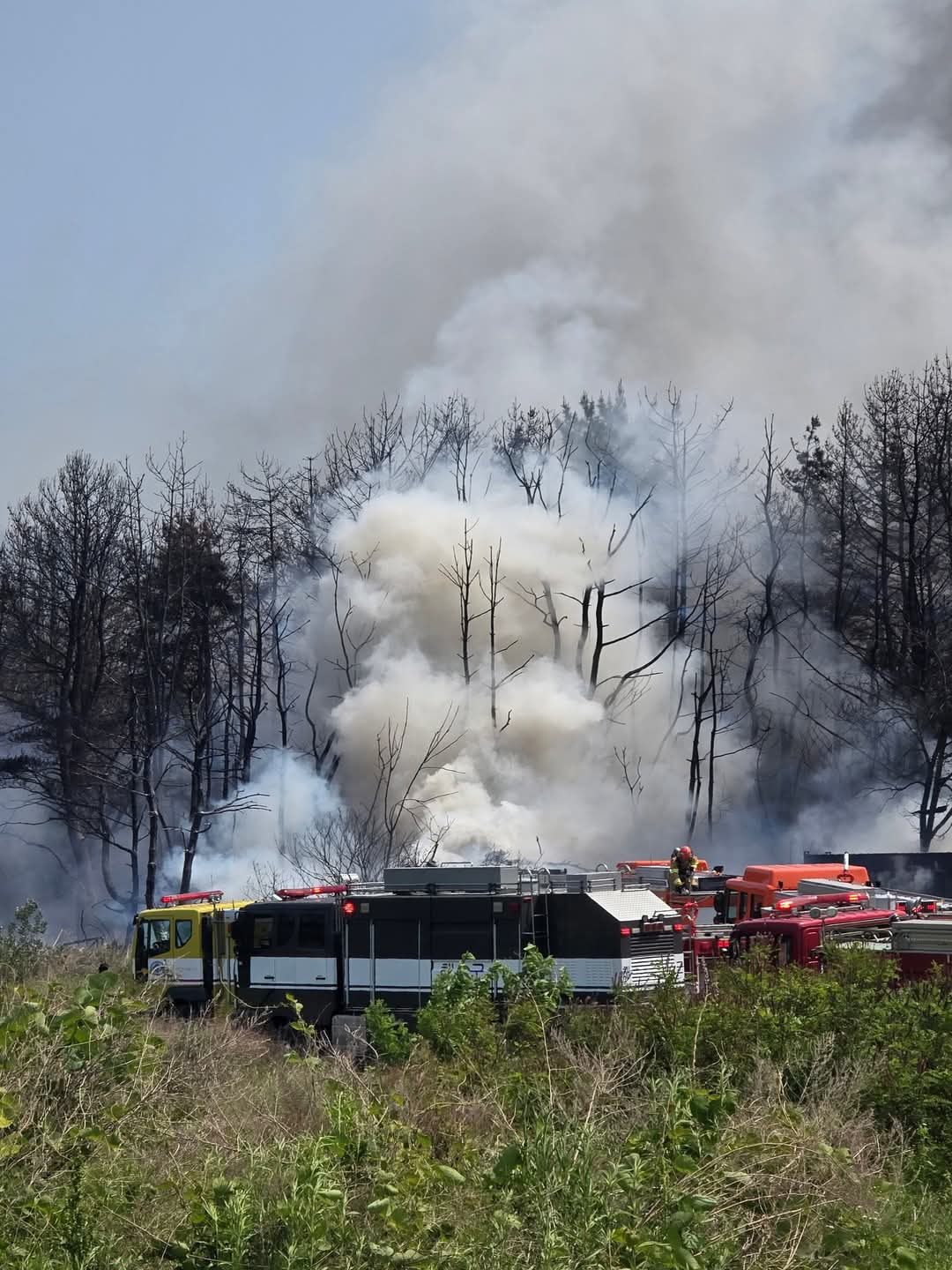News
The latest aviation news from around the world affecting airlines, airports and the traveling public
Filters
How Safe Are Indian Airlines? Here’s What AirlineRatings.com Says
India's airlines rated for safety: see how IndiGo, SpiceJet, Air India Express & more score in AirlineRatings.com's trusted 7-star safety system and more importantly, why.
Jun 16, 2025
Airline Ratings
5 min read
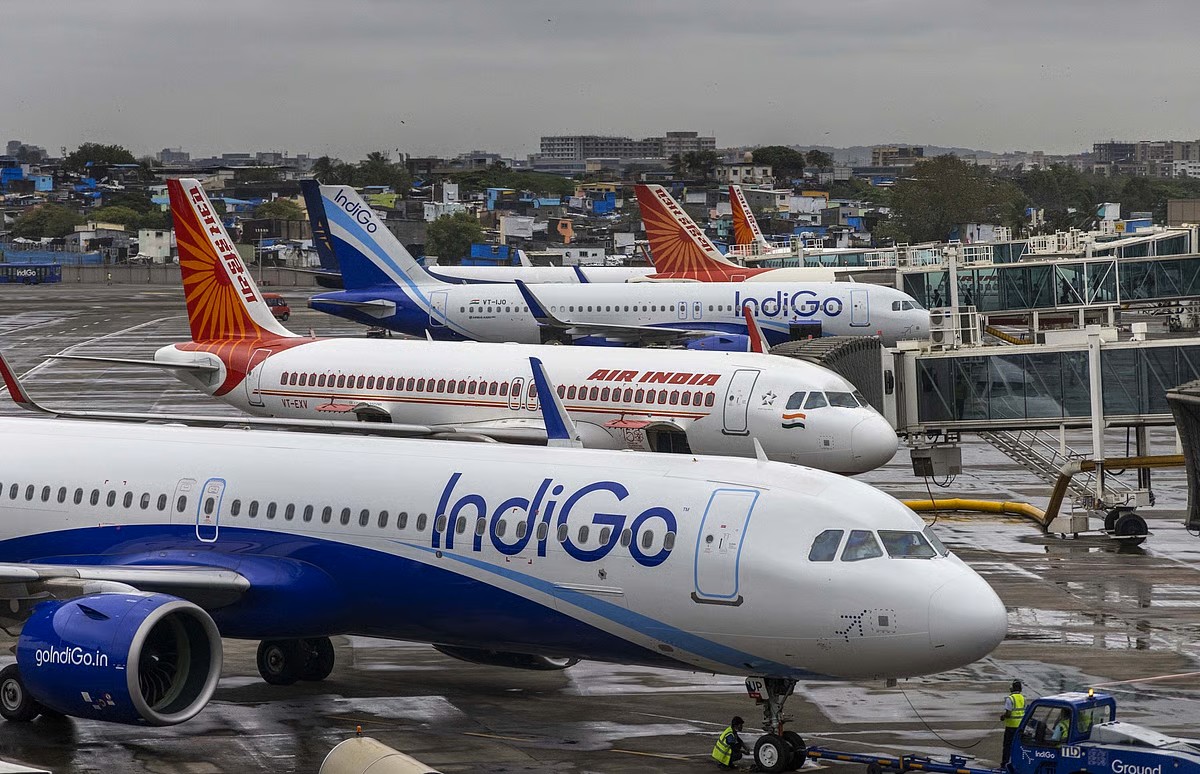

Video shows evidence of dual engine failure on Air India AN171
Enhanced video of the Air India AI171 crash reveals the Ram Air Turbine deployed, suggesting a possible dual engine failure shortly after takeoff from Ahmedabad.
Jun 16, 2025
Airline Ratings
3 min read
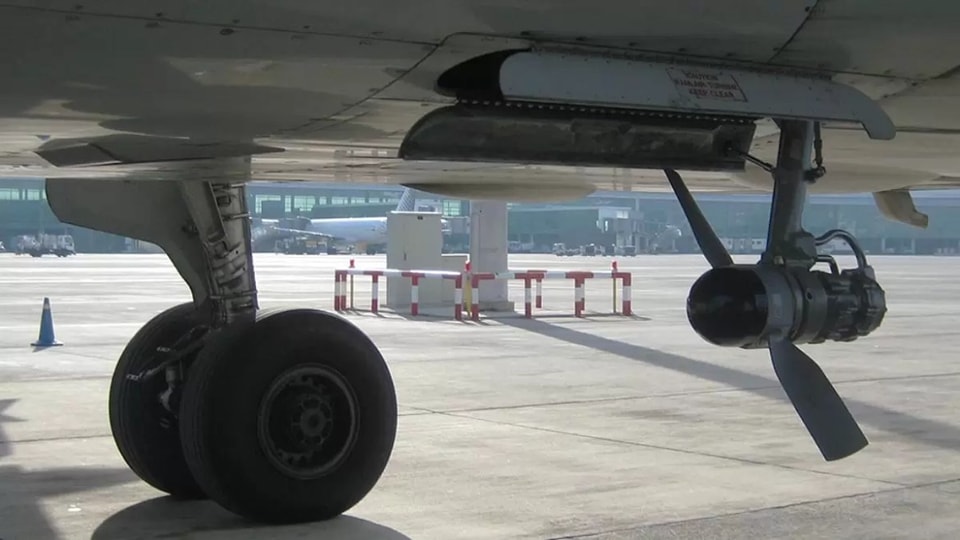

Turkish Airlines: The Airline That Flies to More Countries Than Any Other
Imagine walking down the aisle of a flight and taking off knowing that you could land in almost any place on Earth.
Jun 15, 2025
Airline Ratings
4 min read


Tragedy in the Hills: Kedarnath Helicocopter Crash
Just days after the catastrophic crash of Air India flight AI171, which claimed the lives of all onboard shortly after takeoff from Ahmedabad, the nation has been struck by yet another fatal aviation disaster
Jun 15, 2025
Dev Lunawat
3 min read
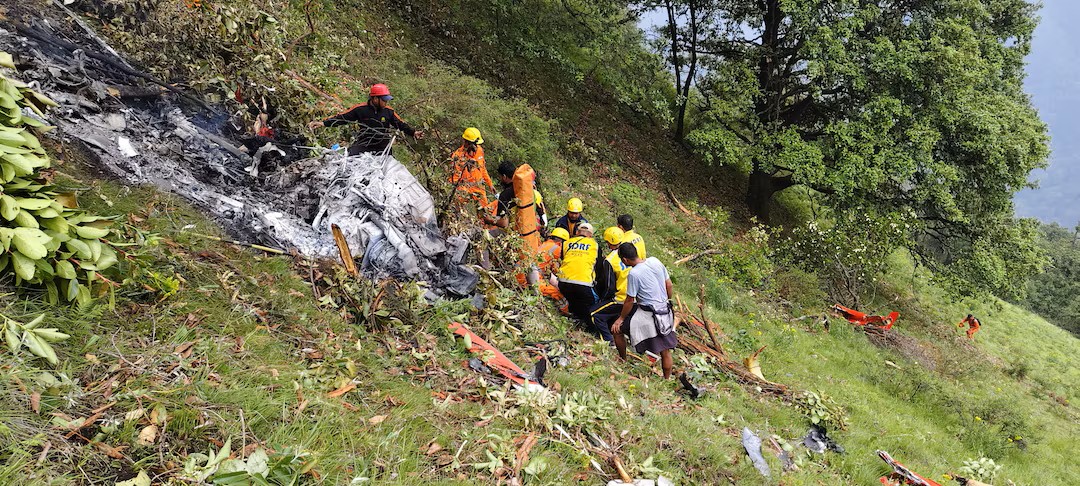

India Inspecting Boeing 787s After MAYDAY Call
India orders urgent inspection of all Boeing 787s after Air India crash; probe focuses on engine thrust, flap settings, and possible maintenance lapses.
Jun 15, 2025
Airline Ratings
3 min read
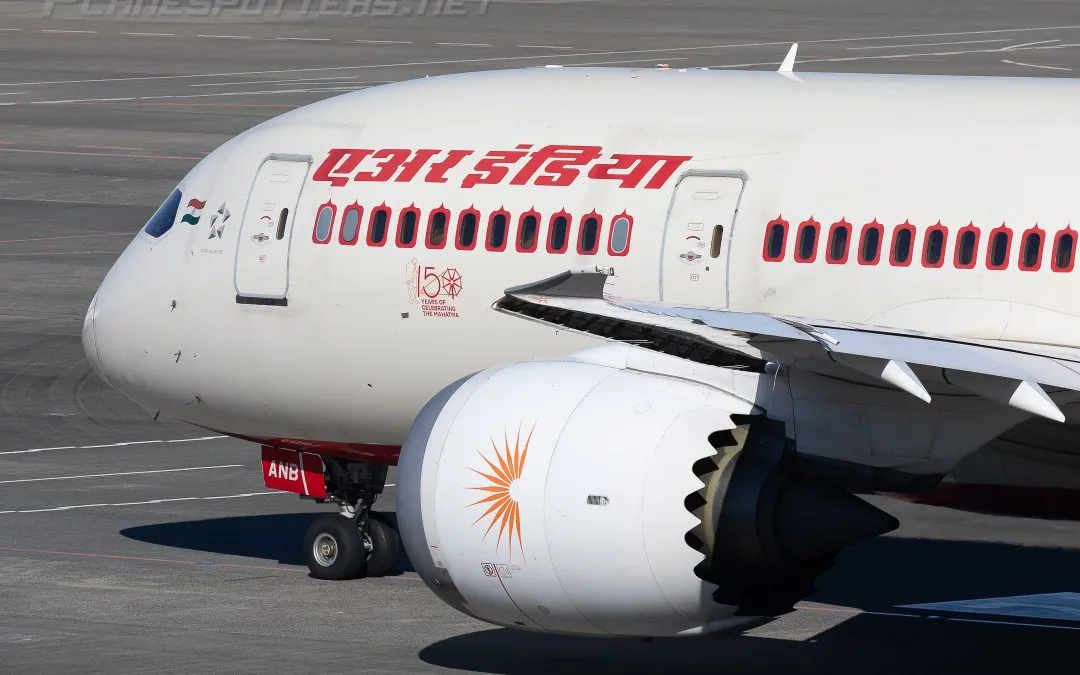

Latest news on the Air India 787 Crash: The facts from today
The latest facts on what we know so far and what happens to the air india safety rating?
Jun 13, 2025
Sharon Petersen
3 min read
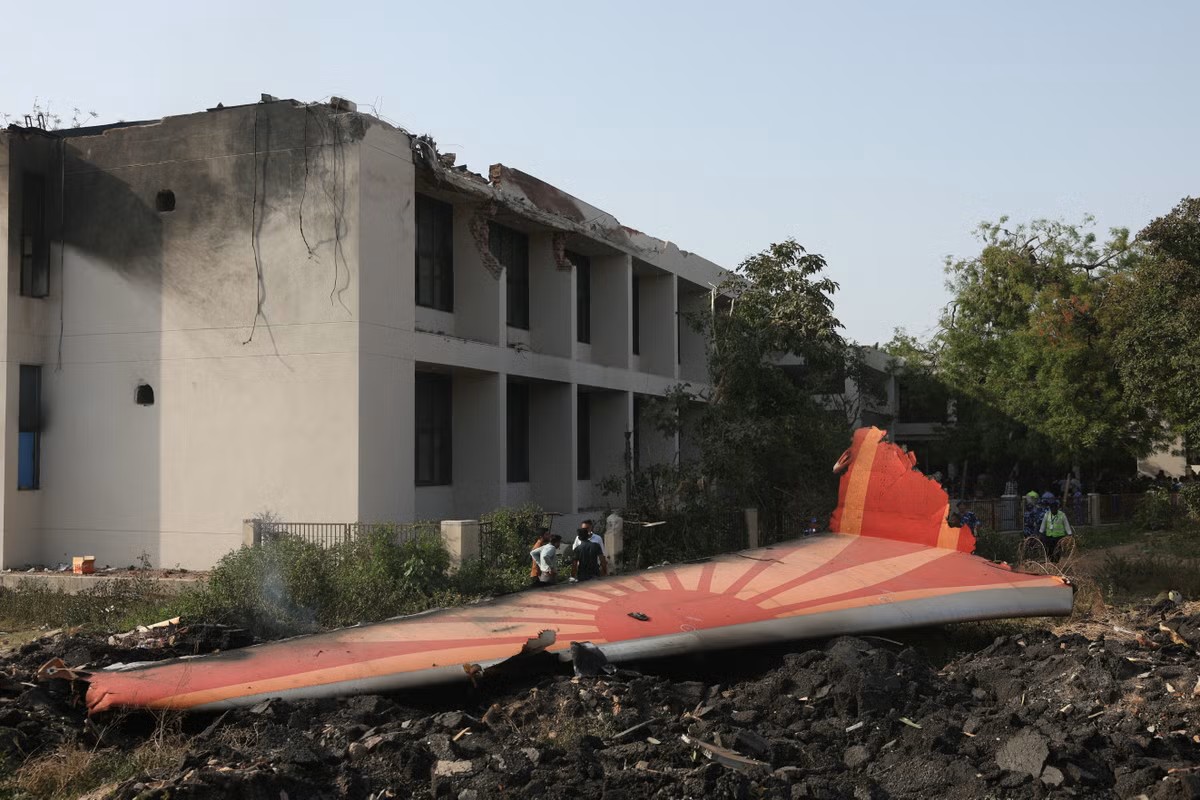

Air India Incident Marks First-Ever Boeing 787 loss: What we know so far
What we think caused the tragic Air India and first Boeing 787 crash
Jun 12, 2025
Josh Wood
3 min read
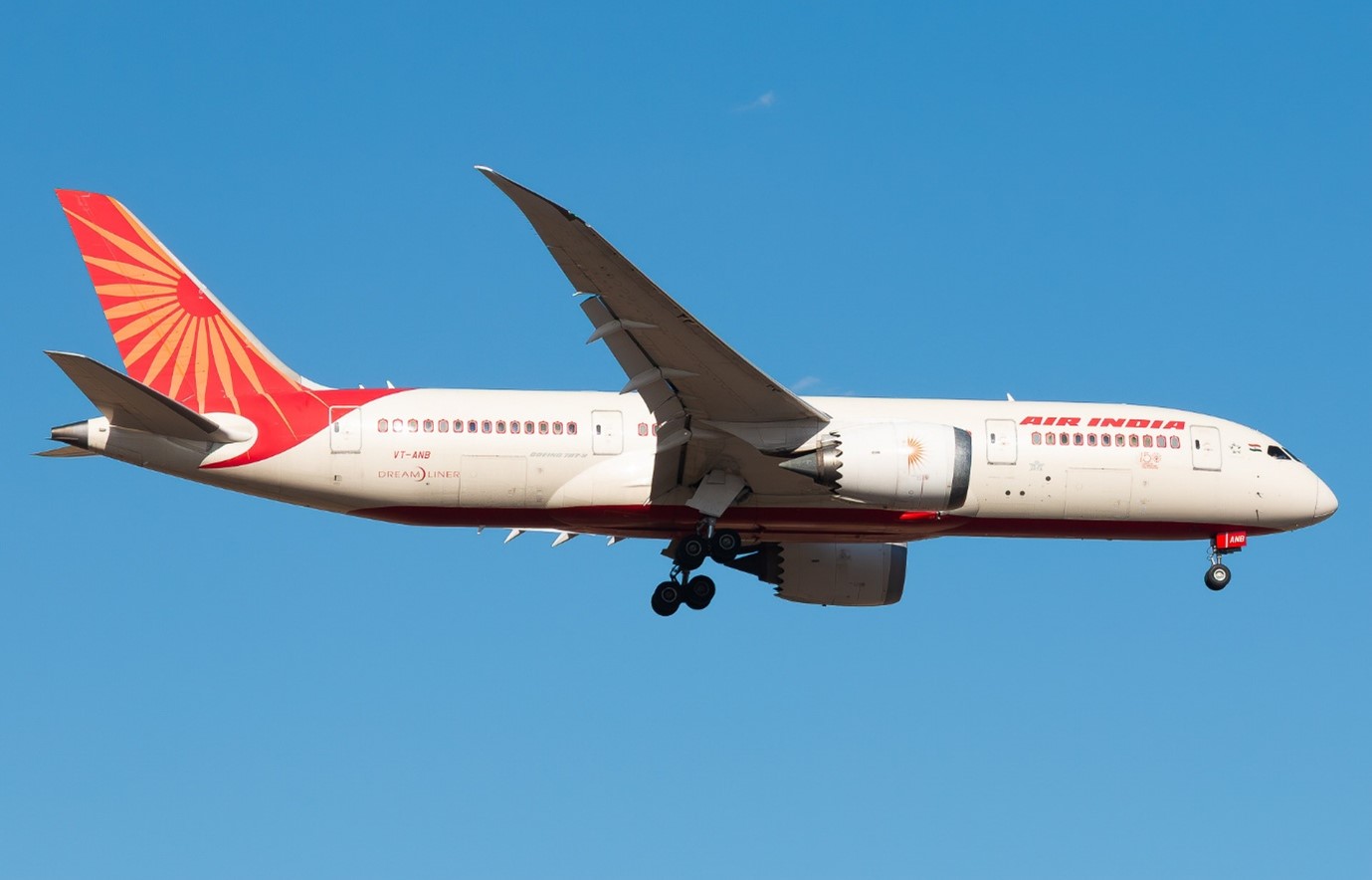

Air India 787 crash
An Air India aircraft carrying 242 people has crashed in western India near the airport in Ahmedabad, according to statements from both the airline and local police.
Jun 12, 2025
Airline Ratings
4 min read


AirAsia offers to acquire Jetstar Asia
Following the announcement of Jetstar Asia’s (3K) impending closure, AirAsia Group has today confirmed its offer to acquire the Singapore-based low-cost carrier.
Jun 12, 2025
Airline Ratings
2 min read
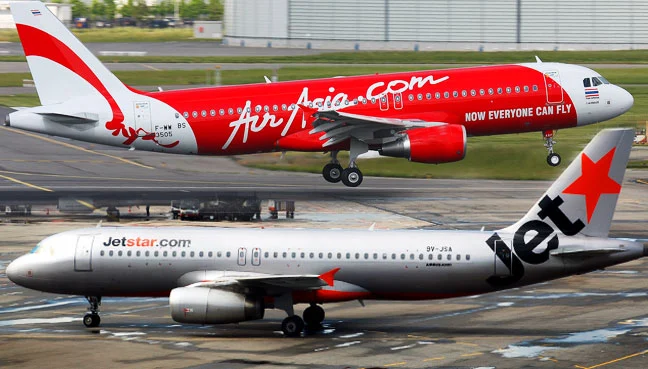

The World's Safest Airlines for 2025
AirlineRatings.com, the world’s only airline safety and product rating website, has announced its Top 25 Safest Full-Service Airlines and Top 25 Safest Low-Cost Airlines for 2025 from the 385 airlines it monitors.
Jun 11, 2025
Airline Ratings
5 min read
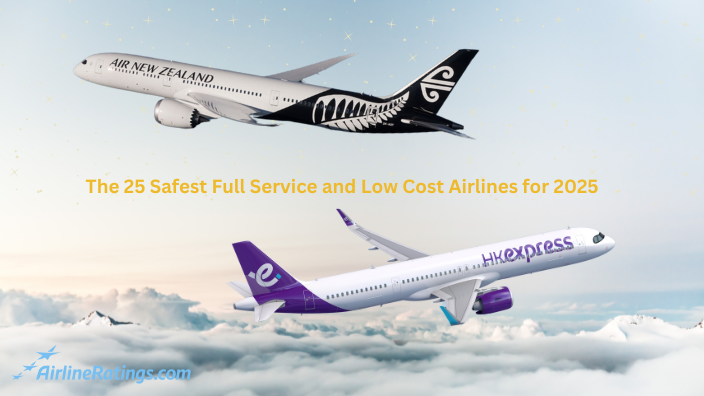

Thai Airways Safety Rating Change
AirlineRatings has upgraded Thai Airways International’s safety rating citing renewed confidence in the airline’s financial stability and operational improvements
Jun 11, 2025
Sharon Petersen
2 min read


Ex-Virgin Australia 737-800 Ends Up Tail-Down in Norway
Anyone else spotting a familiar tail? 👀 If you thought that looked like an old Virgin Australia aircraft—you're absolutely right.
Jun 11, 2025
Sharon Petersen
2 min read
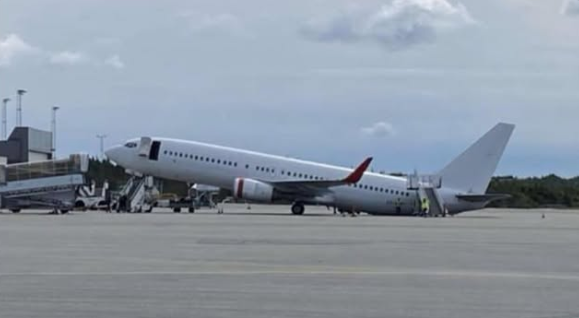

Qantas to close Jetstar Asia
It has been announced today that Jetstar Asia, the Qantas Group’s Singapore-based low-cost subsidiary will close in seven weeks
Jun 10, 2025
Airline Ratings
4 min read


Is this the Worst Business Class Seat in the Sky? A Look at British Airways A380
With this lack of privacy and dorect aisle access this British Airways Airbus A380 Business Class could be the worst out there
Jun 10, 2025
Sharon Petersen
3 min read
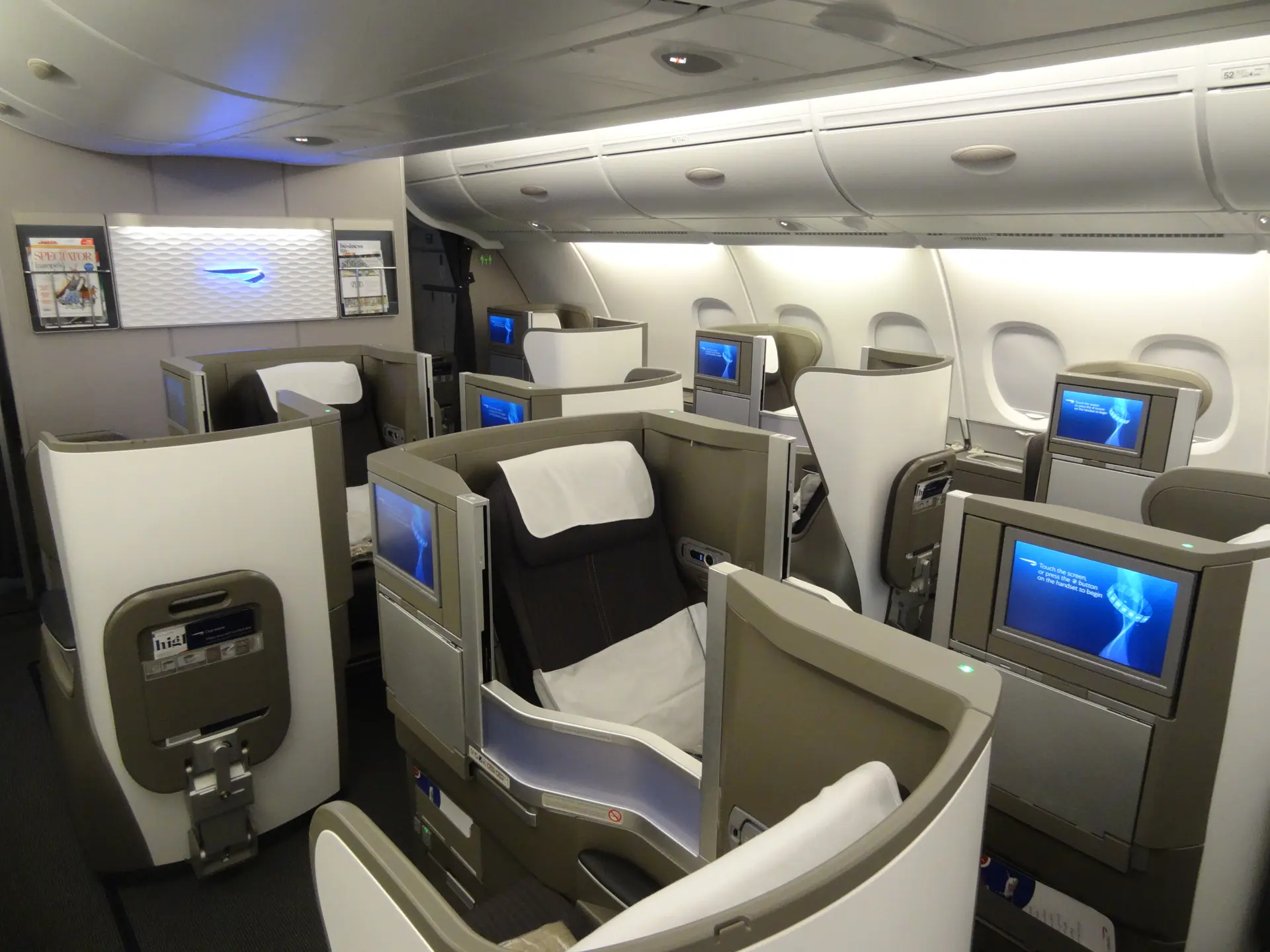

American Airlines Engine Fire Linked to Faulty Installation and Cracked Fan Blade, NTSB Finds
Federal investigators say an American Airlines plane that caught fire in March had a cracked engine fan blade and a component installed backward,
Jun 9, 2025
Airline Ratings
2 min read
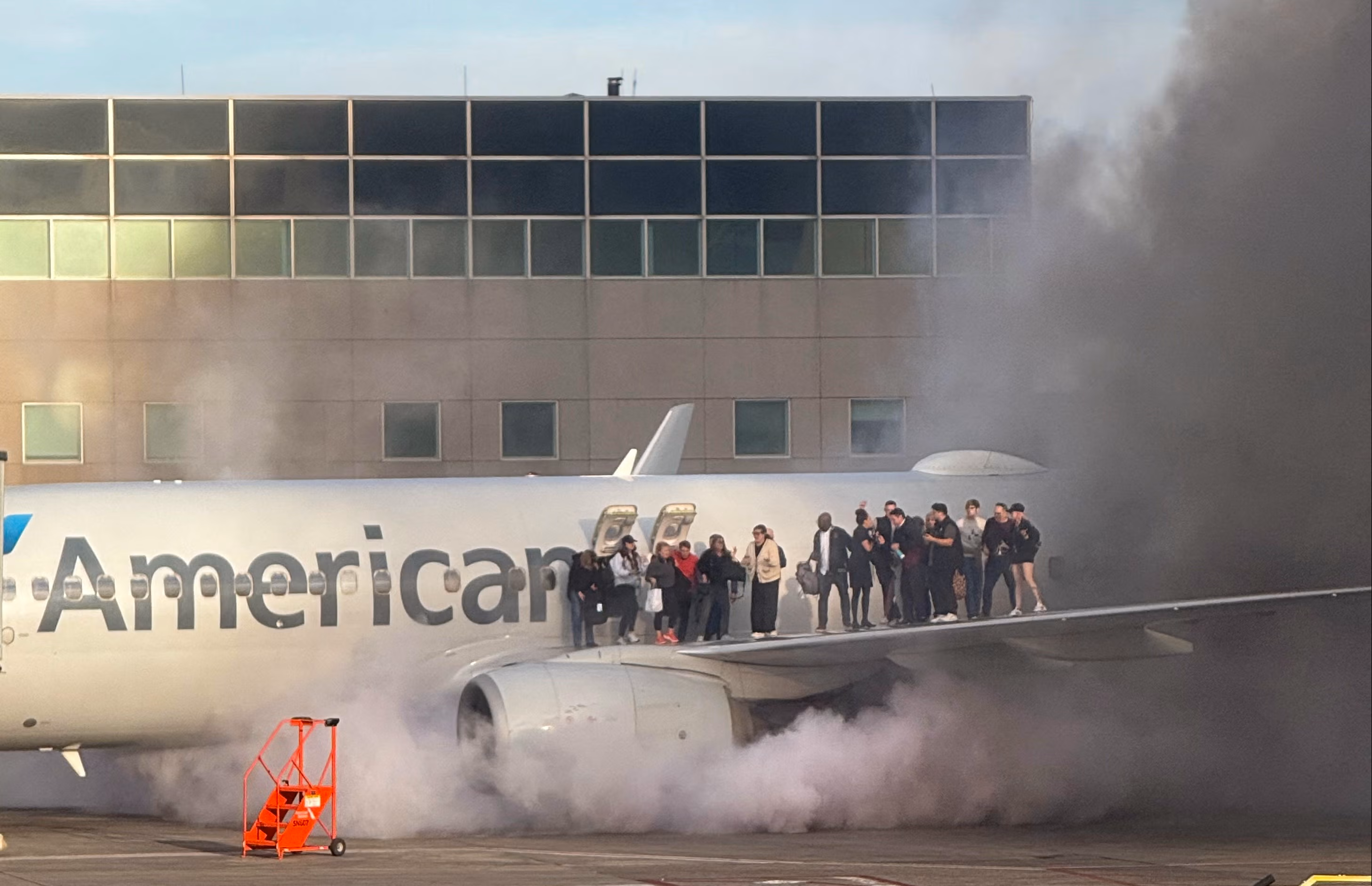

Not Your Typical Budget Airline Trick: Meet AirAsia’s Fly-Thru
Discover AirAsia Fly-Thru, the little-known service that lets you connect flights seamlessly without the hassle of collecting bags or clearing immigration at transit hubs. Experience budget travel with full-service convenience across Asia and beyond.
Jun 8, 2025
Sharon Petersen
4 min read


The AirAsia 3 in 1
Do you know what the AirAsia 3-in-1 is? Flights, rideshare, and accommodation—all at the touch of a button, delivering efficiency, ease, and a big tick for sustainability.
Jun 7, 2025
Chris Parry
4 min read
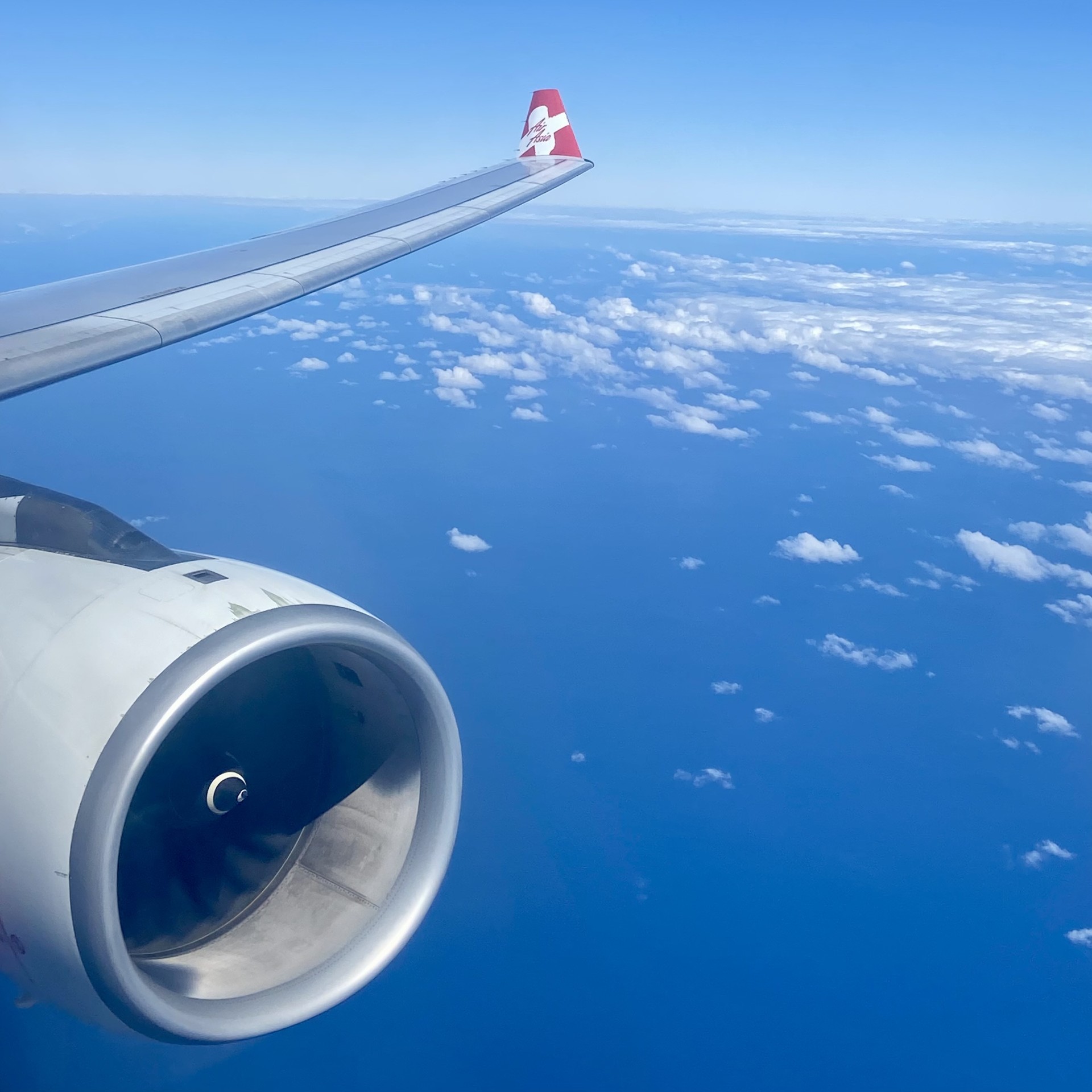

Why You Need To Consider This Airline
Have you flown Vietnam Airlines? here are five reasons why you need to consider them for your next trip.
Jun 5, 2025
Sharon Petersen
5 min read


AirAsia Expands Australia–Asia Connectivity with More Flights and Seamless Connections
A specific focus on the growth of airasia, did you know there are now more destinations and connecting flights to make it cheaper and easier?
Jun 3, 2025
Sharon Petersen
3 min read
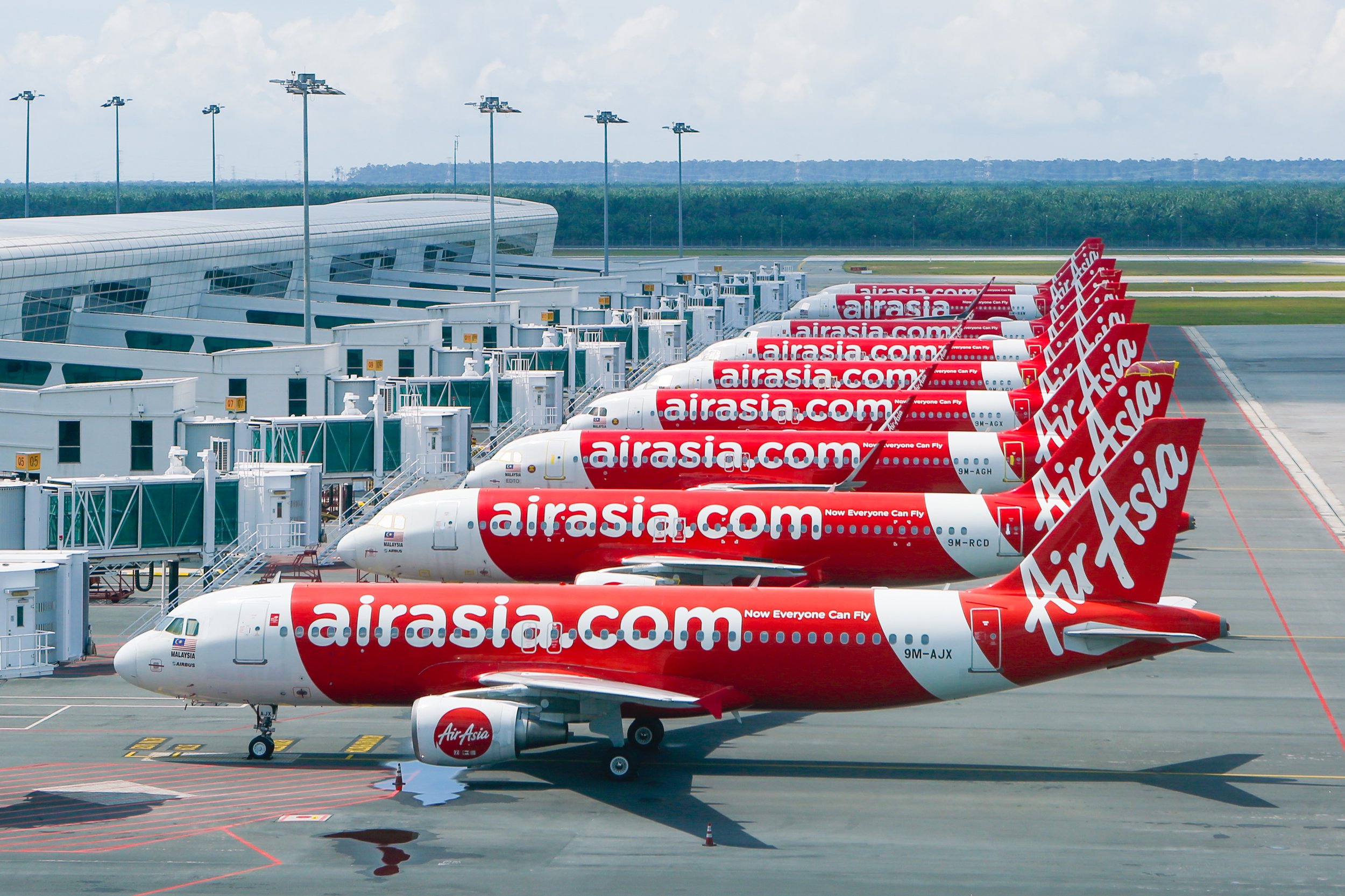

Navy Plane Crashes in South Korea
A South Korean Navy maritime patrol aircraft carrying four people has crashed near a military base in the southern city of Pohang. Deaths are expected
May 29, 2025
Sharon Petersen
1 min read
